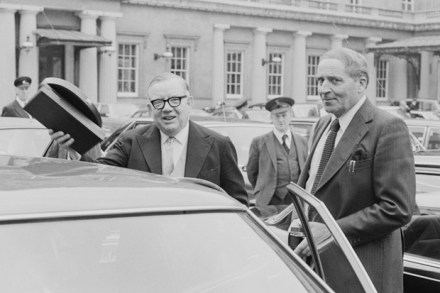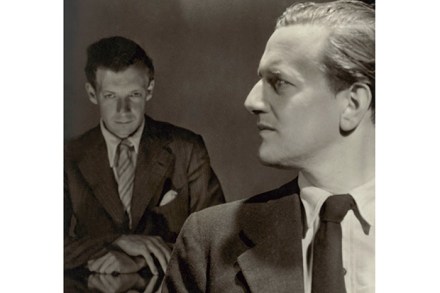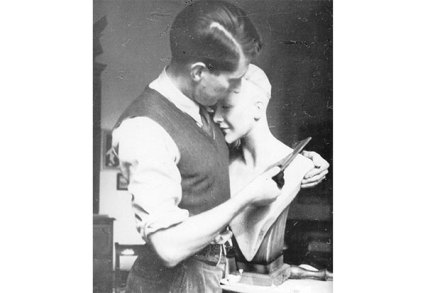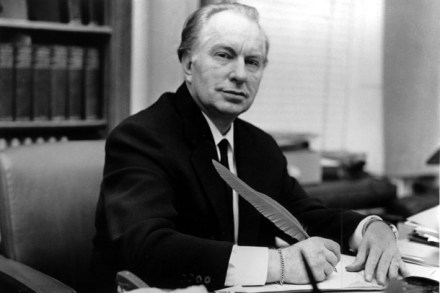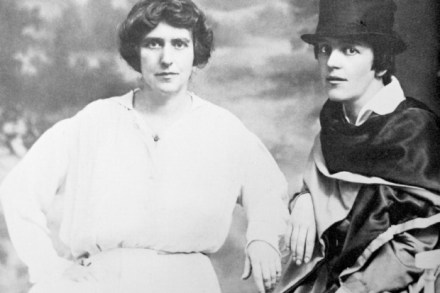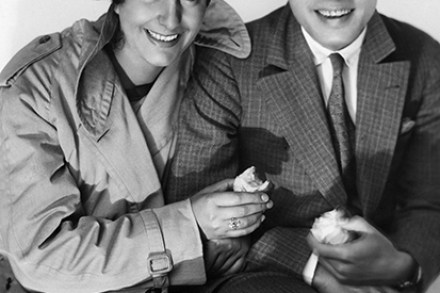Why didn’t I celebrate Oscar Wilde’s birthday?
On Wednesday 19 October at the Grosvenor House Hotel on Park Lane in London, a reception was held to celebrate Oscar Wilde’s birthday. Invited by the excellent Gyles Brandreth, I arrived in good time. But as I approached the doors of the reception room, something stopped me. These are the facts. But what is the explanation? A few months ago Boris Johnson wrote two newspaper columns, one in favour of a proposition, one against. As an exercise in clearing one’s mind, the approach has much to commend it. So, to clear my own mind, let me try the same plan. There follow two alternative submissions of the diary item that


